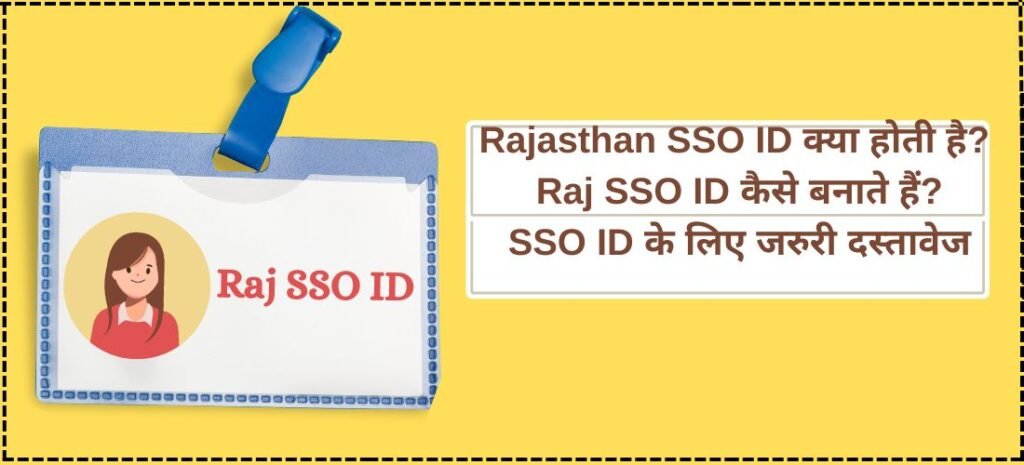Companies all throughout India are realizing the value of strategic investment management in the ever-changing financial landscape of today. A corporate demat account has become essential for companies looking to diversify their sources of income and maximize their financial holdings. Corporate demat accounts, as opposed to individual ones, are designed to meet the particular requirements of organizations. They include customized features and compliance requirements that are in line with corporate governance norms. This article examines five important considerations that each corporate organization should make when deciding to open corporate demat account.
1. Regulatory Compliance and Legal Framework Understanding
The Securities and Exchange Board of India (SEBI) as well as the other financial regulators have set strict regulations that govern how corporate demat accounts work. Before beginning the account opening procedure, your firm must fully comprehend these compliance standards. This entails becoming acquainted with corporate governance standards, anti-money laundering laws, and Know Your Customer (KYC) rules that are particular to companies that trade and invest in stocks.
2. Documentation Requirements and Corporate Authorization
Corporate demat account opening requires a lot of paperwork, which is very different from what is needed for individual accounts. Comprehensive corporate documents, such as the certificate of incorporation, articles of association and memorandum, and board decisions approving the creation of an account, in addition to power of attorney paperwork, must be prepared by your company. Directors’ identification credentials, company PAN cards, and evidence of registered office address are also required.
3. Choosing the Right Depository Participant and Service Provider
The success of your corporate demat account depends on your choice of depository participant (DP). Your investing experience may be greatly impacted by the features, technological platforms, and customer care levels, as well as pricing structures that various service providers provide. Assess possible DPs according to their experience, technological prowess, research offerings, and comprehension of business customer needs.
4. Cost Structure Analysis and Fee Management
Corporate demat accounts usually come with a number of costs, such as transaction fees, yearly maintenance fees, account opening fees, and other service expenses. Comprehending the entire cost structure facilitates planning in addition to the decision-making for continuing investment operations. The charge structures of various service providers differ, and comparing these costs over a number of possibilities might eventually save a substantial amount of money.
5. Integration with Business Operations and Strategic Alignment
The larger financial management systems and strategic goals of your company should be easily integrated with your corporate demat account. Think about the account’s compatibility with your current investment committee decision-making procedures, and treasury management duties, as well as accounting procedures. Whether your company’s investment strategy is centered on long-term wealth development or short-term treasury management, the solution you choose should complement it.
Conclusion
Establishing a corporate demat account is a big step toward your company’s advanced investment management. One can go for free demat account opening online service also.
By carefully examining these five crucial elements—cost management, service provider selection, regulatory compliance, documentation requirements, and strategic integration—your company may build a strong basis for profitable corporate investment endeavors.


